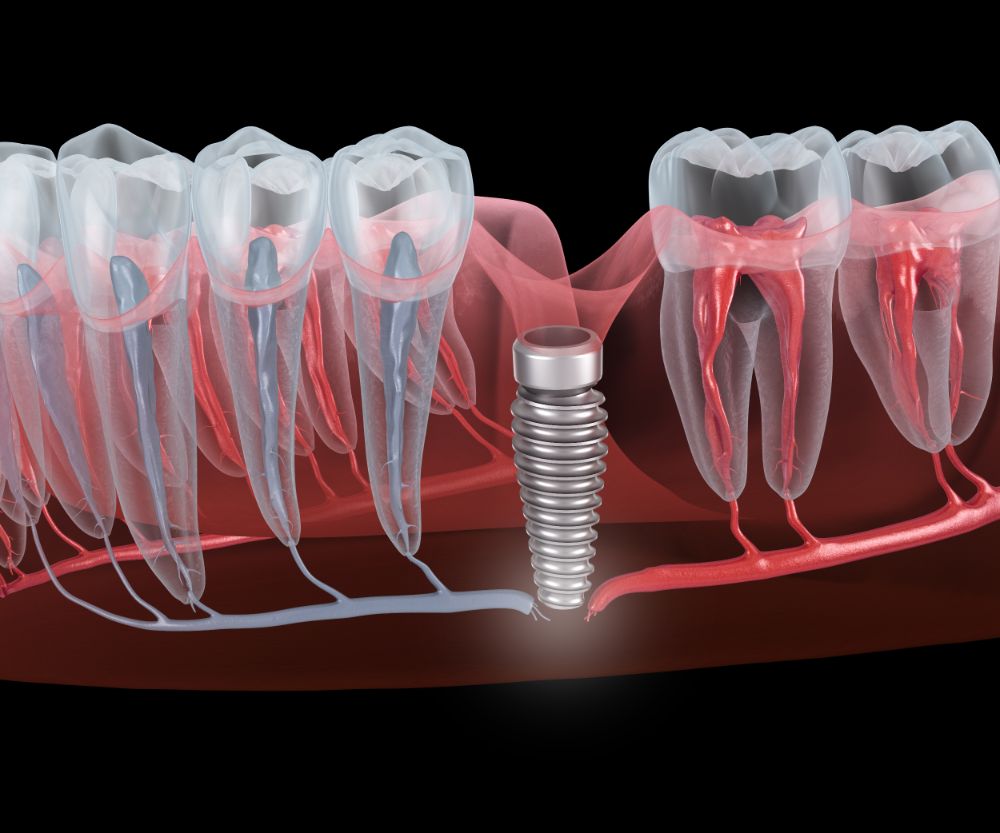Dental implants have revolutionized the field of dentistry, providing a long-lasting solution for individuals who have lost teeth. However, like any medical procedure, dental implant failure can occur. Understanding the causes of implant failure is crucial in order to prevent it and ensure the success of this dental treatment. In this article, we will explore the various factors that can contribute to dental implant failure and shed light on who is responsible for dental implant failure.
Poor Oral Hygiene
One of the primary causes of dental implant failure is poor oral hygiene. Inadequate oral hygiene habits can lead to the development of bacteria and plaque around the implant, causing infection and eventually implant failure. It is essential to maintain proper oral hygiene by regularly brushing, flossing, and visiting the dentist for professional cleanings.
Insufficient Bone Density
Adequate bone density is crucial for the success of dental implants. Insufficient bone density can occur due to various reasons, such as gum disease, tooth loss, or bone resorption. When the jawbone lacks the necessary density, it may not be able to support the implant properly, leading to failure. Dentists must carefully evaluate the patient’s bone density before proceeding with implant surgery and recommend bone grafting if necessary.
Inadequate Surgical Technique
The skill and experience of the oral surgeon or implantologist play a significant role in the success of dental implants. Inadequate surgical technique, such as improper implant placement or failure to achieve sufficient primary stability, can lead to implant failure. It is essential to choose a qualified and experienced dental professional who specializes in implant dentistry to minimize the risk of failure.
Pre-existing Medical Conditions
Certain pre-existing medical conditions can increase the risk of dental implant failure. Conditions like uncontrolled diabetes, autoimmune disorders, and osteoporosis can affect the healing process and the body’s ability to integrate the implant into the jawbone. It is crucial to inform the dental professional about any existing medical conditions to ensure proper evaluation and treatment planning.
Smoking and Tobacco Use
Smoking and tobacco use have a detrimental effect on oral health and can significantly increase the risk of dental implant failure. The chemicals present in tobacco products restrict blood flow, impairing the healing process and reducing the body’s ability to fight infections. Smokers are more prone to gum disease and peri-implantitis, which can lead to implant failure. Quitting smoking is strongly recommended for individuals considering dental implants.
Bite Problems and Teeth Grinding
Bite problems, such as malocclusion, and teeth grinding (bruxism) can exert excessive force on dental implants, leading to mechanical failure. Implants can become loose or fracture under constant pressure, compromising their stability and function. Patients with bite problems or bruxism should receive appropriate treatment, such as orthodontics or nightguards, to prevent implant failure.
Time to Contain Dental Implant Failures
Dental implant failure can result from various factors, including poor oral hygiene, insufficient bone density, inadequate surgical technique, pre-existing medical conditions, smoking, and bite problems. While accountability for dental implant failure could be shared among the dental professional, patient, and pre-existing conditions, it is essential for individuals to prioritize their oral health and seek experienced professionals for their dental implant procedures. By understanding the causes of implant failure and taking preventive measures, individuals can increase the chances of successful dental implantation and enjoy the benefits of a healthy smile for years to come.

